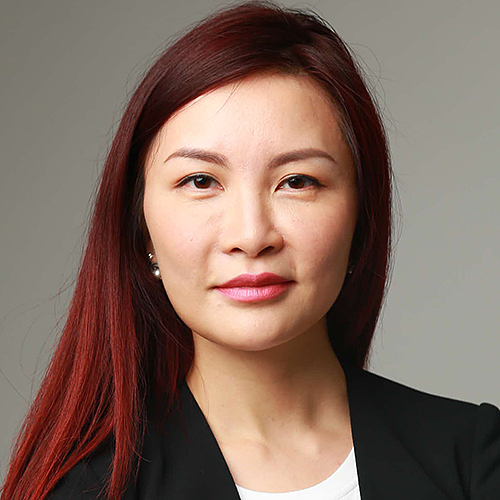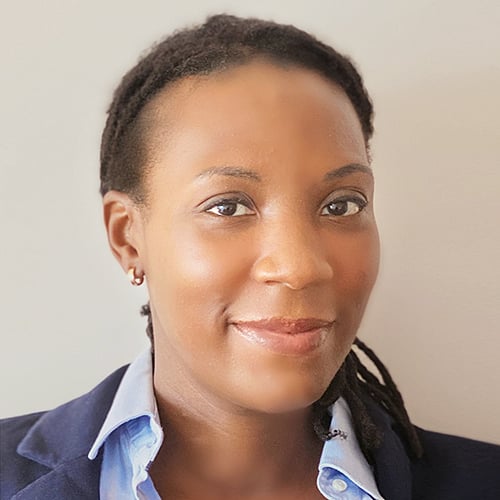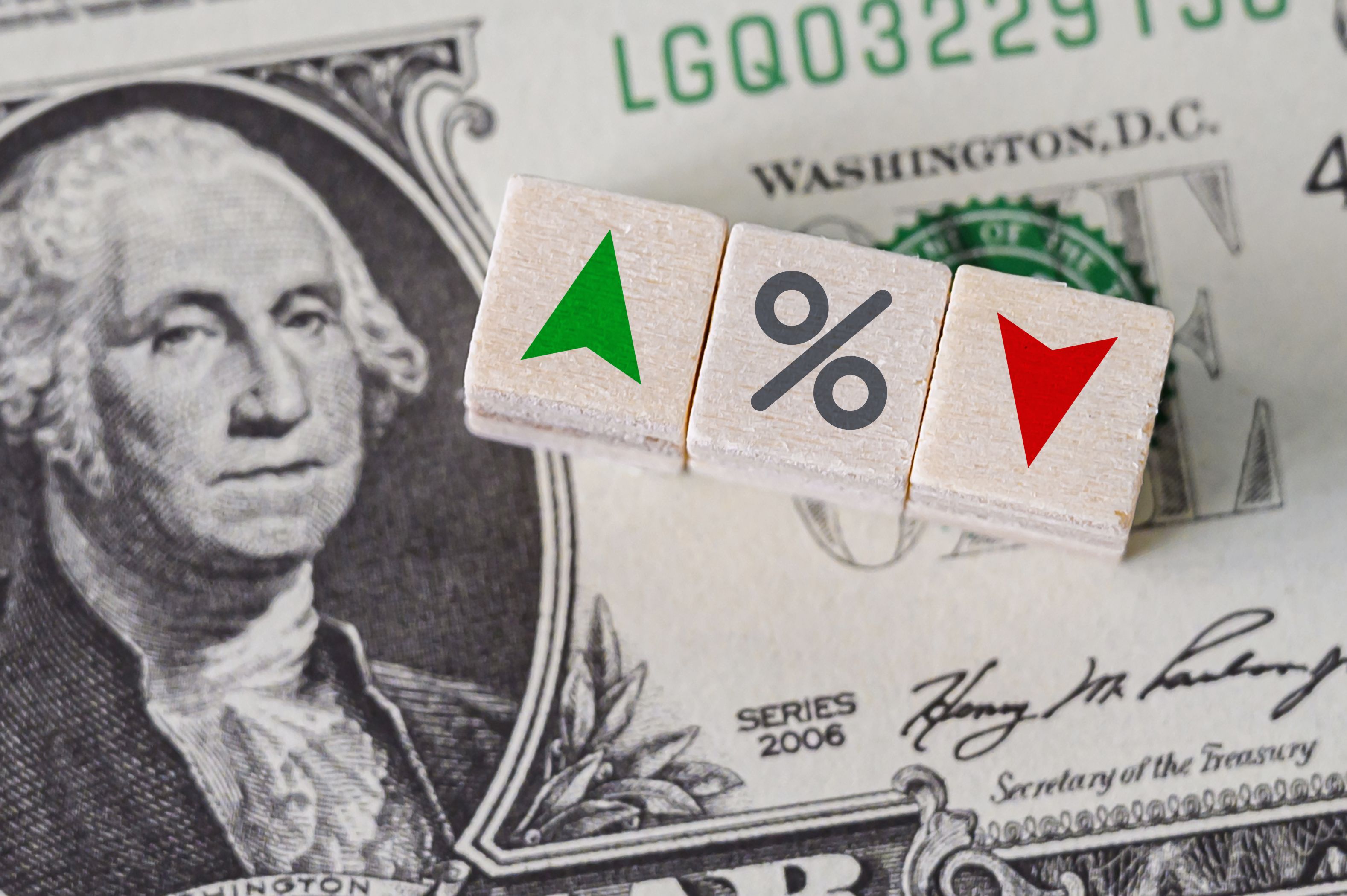A Swiss-based bank is convinced that the sustainable and impact investing trend in Asia is set to intensify, and another major development is that more investors are now opting for discretionary management of their wealth.
To drill into these investment trends The Asset spoke with UBS’ Mischa Eckart, managing director, investment platforms and solutions and head of client investment specialists Asia-Pacific, and Mario Knoepfel, director, sustainable investing for Asia-Pacific.
Eckart claims his bank has seen strong growth amongst clients in Asia opting for discretionary management as they target increased diversification of their wealth.
The Zurich-based bank’s assets expanded to US$405 billion in the first quarter of 2019, making it the only wealth manager in the region to exceed the US$400 billion threshold.
“Across Asia-Pacific the mandate penetration is at 13%,” says Eckart. “We are happy with the growth and we hope to achieve further mandate penetration to reach 18% by 2021,” he adds.
The Swiss bank has injected US$93 million into the Sustainable Solutions Fund III, the newly-closed growth equity fund from Al Gore’s Generation Investment Management. Around one-third of the investment originated from Asian clients.
ESG themes are seen as a mega trend that will continue to gather momentum in Asia. The region is where wealth is being accumulated at a faster rate than anywhere else and is, coincidentally, where social and impact investments can have a significant effect.
“We've got this concept called the three L’s - Liquidity, Longevity and Legacy - and a sustainable investing strategy fits very well into this whole picture,” says Eckart.
“We want to encourage people to bucket their wealth, and say, how much liquidity do you need in order to feel comfortable enough so that you don't have to abandon your long-term investment strategy when volatility hits,” Eckart adds.
UBS recently launched the first 100% sustainable cross-asset portfolio for private clients, which now has US$5 billion assets under management. Since its launch in APAC in April, the bank has accrued over US$600 million in this portfolio through discretionary mandates and funds.
That move came on the back of the firm's success with the UBS Oncology Impact Fund, the largest healthcare impact investment to date, another product embraced by Asian investors.
The demand for more investment opportunities linked to a sustainability purpose remains high in Asia’s main wealth hubs. And we can expect this requirement to increase with the transfer of wealth to the next generation and the growing ranks of wealthy women in the region.
According to data from UBS, women are much more focused on investing to achieve positive social change and they could be set to invest US$2.3 trillion for social causes by 2021.
“I think what we're tapping into with sustainable investing is giving clients exposure to something now in its nascent stage, that is even more explicitly long term, while doing good and fulfilling their financial objectives,” Eckart says.
According to Mario Knoepfel, when he began to cover ESG and impact investment in Asia four years ago, as many as 95% of clients were not aware or that interested in the topic. Since then that scenario has changed considerably.
“Now many clients approach us actively asking about investment opportunities in those sectors, in many cases the younger generations are driving the older generation to change the way they allocate capital,” Knoepfel says.
Over the last 14 months the Swiss wealth manager has seen more than 2000 clients attending sustainable investing-related events, building awareness around the themes of sustainability such as climate change, financial inclusion and smart city development.
As an example of the growing awareness of sustainable investing, research from UBS shows 85% of Singapore investors are interested in the concept of sustainable investing, with interest particularly high among women and younger investors.









